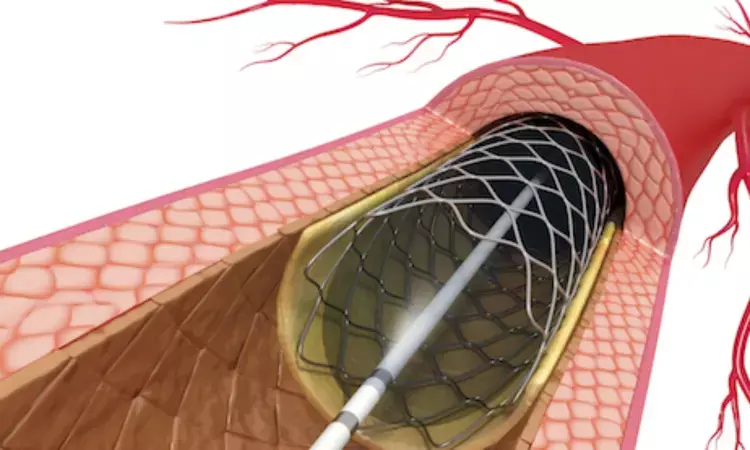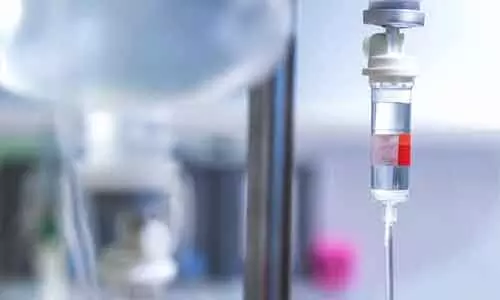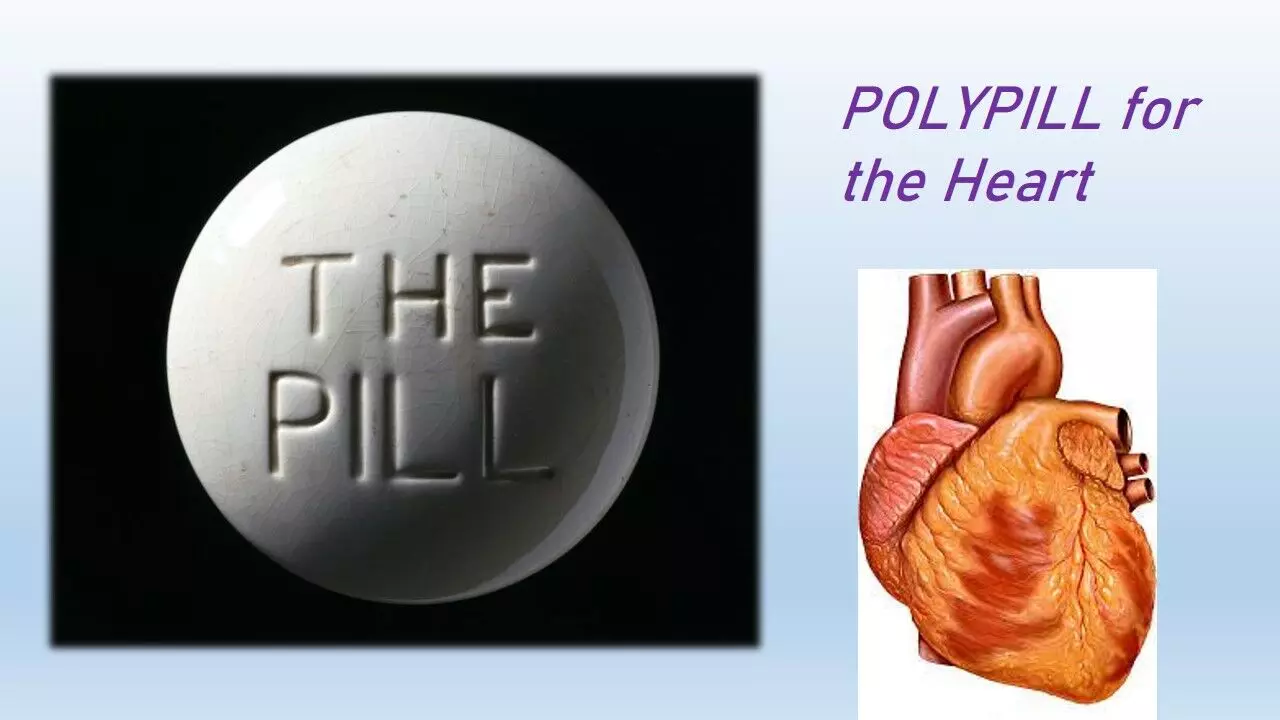- Home
- Medical news & Guidelines
- Anesthesiology
- Cardiology and CTVS
- Critical Care
- Dentistry
- Dermatology
- Diabetes and Endocrinology
- ENT
- Gastroenterology
- Medicine
- Nephrology
- Neurology
- Obstretics-Gynaecology
- Oncology
- Ophthalmology
- Orthopaedics
- Pediatrics-Neonatology
- Psychiatry
- Pulmonology
- Radiology
- Surgery
- Urology
- Laboratory Medicine
- Diet
- Nursing
- Paramedical
- Physiotherapy
- Health news
- Fact Check
- Bone Health Fact Check
- Brain Health Fact Check
- Cancer Related Fact Check
- Child Care Fact Check
- Dental and oral health fact check
- Diabetes and metabolic health fact check
- Diet and Nutrition Fact Check
- Eye and ENT Care Fact Check
- Fitness fact check
- Gut health fact check
- Heart health fact check
- Kidney health fact check
- Medical education fact check
- Men's health fact check
- Respiratory fact check
- Skin and hair care fact check
- Vaccine and Immunization fact check
- Women's health fact check
- AYUSH
- State News
- Andaman and Nicobar Islands
- Andhra Pradesh
- Arunachal Pradesh
- Assam
- Bihar
- Chandigarh
- Chattisgarh
- Dadra and Nagar Haveli
- Daman and Diu
- Delhi
- Goa
- Gujarat
- Haryana
- Himachal Pradesh
- Jammu & Kashmir
- Jharkhand
- Karnataka
- Kerala
- Ladakh
- Lakshadweep
- Madhya Pradesh
- Maharashtra
- Manipur
- Meghalaya
- Mizoram
- Nagaland
- Odisha
- Puducherry
- Punjab
- Rajasthan
- Sikkim
- Tamil Nadu
- Telangana
- Tripura
- Uttar Pradesh
- Uttrakhand
- West Bengal
- Medical Education
- Industry
PCI with everolimus-eluting stents reported more MACE, finds a study: NEJM

More major adverse cardiac events (MACE) were reported in patients who have undergone percutaneous coronary intervention (PCI) with everolimus-eluting stents than among those who had undergone CABG as per a recent study that was published in the journal The New England Journal of Medicine.
PCI is a non-surgical, invasive procedure done to relieve the occluded blood vessels. Trials done in the past comparing PCI with coronary-artery bypass grafting (CABG) have not made use of second-generation drug-eluting stents. Hence researchers conducted a study to compare the rate of MACE among those who had undergone PCI with the use of everolimus-eluting stents with those who had undergone CABG.
A randomized noninferiority trial at 27 centers in East Asia was done by randomly assigning 1776 patients with multivessel coronary artery disease to PCI with everolimus-eluting stents or to CABG. The primary endpoint was a composite of death, myocardial infarction, or target-vessel revascularization 2 years after randomization. Event rates during longer-term follow-up were also compared between groups.
Results:
- Among the 880 patients who participated in the study, 438 patients were randomly assigned to the PCI group and 442 to the CABG group.
- At 2 years, the primary endpoint had occurred in 11.0% of the patients in the PCI group and 7.9% of those in the CABG group.
- At longer-term follow-up, the endpoint point had occurred in 15.3% of the patients in the PCI ground in 10.6% of those in the CABG group.
- No significant differences were seen between the two groups in the occurrence of a composite safety end point of death, myocardial infarction, or stroke.
- However, the rates of any repeat revascularization and spontaneous myocardial infarction were significantly higher after PCI than after CABG.
Thus, the researchers concluded that the rate of major adverse cardiovascular events was more among those who had undergone PCI with the use of everolimus-eluting stents than among those who had undergone CABG.
For full reading: 10.1056/NEJMoa1415447
Park SJ, Ahn JM, Kim YH, et al. Trial of everolimus-eluting stents or bypass surgery for coronary disease. N Engl J Med. 2015;372(13):1204-1212.
BDS, MDS
Dr.Niharika Harsha B (BDS,MDS) completed her BDS from Govt Dental College, Hyderabad and MDS from Dr.NTR University of health sciences(Now Kaloji Rao University). She has 4 years of private dental practice and worked for 2 years as Consultant Oral Radiologist at a Dental Imaging Centre in Hyderabad. She worked as Research Assistant and scientific writer in the development of Oral Anti cancer screening device with her seniors. She has a deep intriguing wish in writing highly engaging, captivating and informative medical content for a wider audience. She can be contacted at editorial@medicaldialogues.in.
Dr Kamal Kant Kohli-MBBS, DTCD- a chest specialist with more than 30 years of practice and a flair for writing clinical articles, Dr Kamal Kant Kohli joined Medical Dialogues as a Chief Editor of Medical News. Besides writing articles, as an editor, he proofreads and verifies all the medical content published on Medical Dialogues including those coming from journals, studies,medical conferences,guidelines etc. Email: drkohli@medicaldialogues.in. Contact no. 011-43720751




